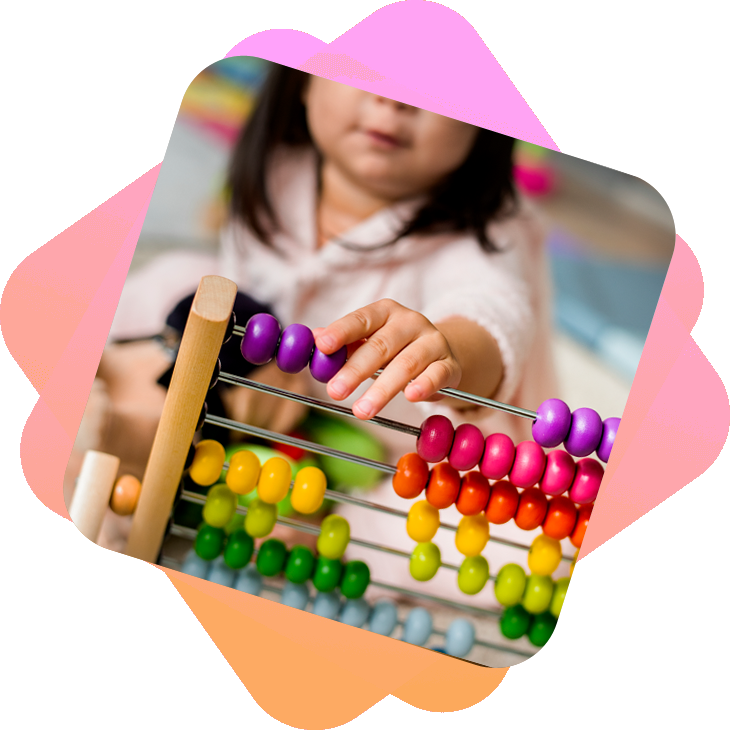Our Services
Occupational Therapy
If your child is struggling with daily activities, social interactions, or school tasks, Al Najma Center is here to help. Our team of experts is dedicated to guiding your child through every step of their therapy journey.
Contact us today to schedule a consultation and take the first step toward supporting your child’s growth,confidence, and independence.
Many families have seen their children gain confidence, master new skills, and thrive in everyday moments through our engaging therapy sessions. We look forward to building that journey with you!

